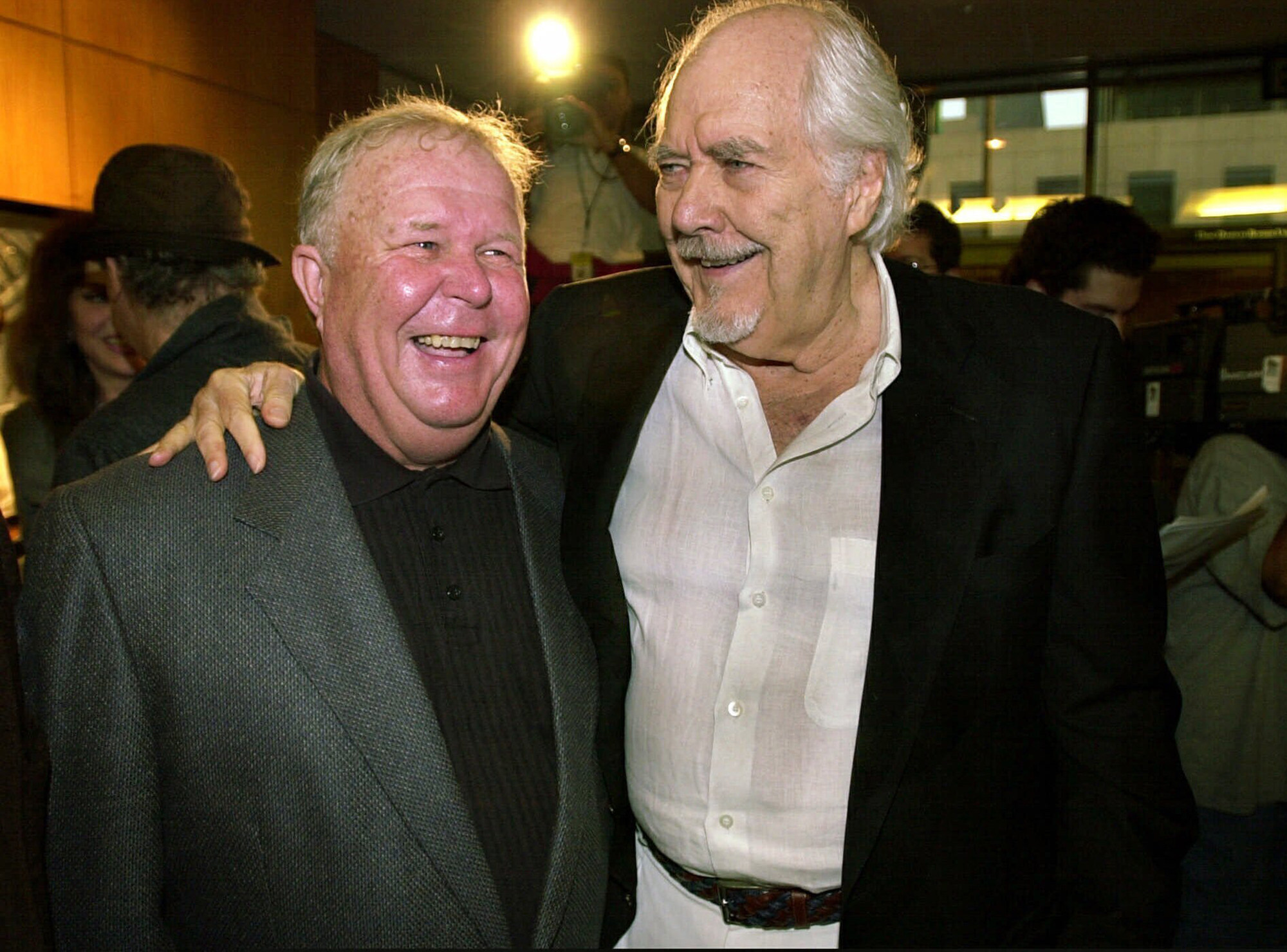
Ned Beatty, character actor and star of 1972 film Deliverance, dies at 83
- Beatty’s role in Deliverance established him as an actor whose name film fans may not have known, but whose face was often recognised
- Beatty was also known for his role as Otis, the idiot henchman of villainous Lex Luther in the first two Christopher Reeve Superman films
Ned Beatty, the character actor whose first film role as a genial holidaymaker brutally raped by a backwoodsman in 1972’s Deliverance launched him on a long, prolific and accomplished career, has died. He was 83.
Beatty’s manager, Deborah Miller, said he died on Sunday of natural causes at his home in Los Angeles surrounded by friends and loved ones.
After years in regional theatre, Beatty was cast in Deliverance as Bobby Trippe, the happy-go-lucky member of a male river-boating party terrorised by backwoods thugs. The scene in which Trippe is brutalised became the most memorable in the film and established Beatty as an actor whose name film fans may not have known but whose face they always recognised.
“For people like me, there’s a lot of ‘I know you! I know you! What have I seen you in?’” Beatty remarked in 1992.
Beatty received only one Oscar nomination, as supporting actor for his role as corporate executive Arthur Jensen in 1976′s Network, but he contributed to some of the most popular films of his time and worked constantly, his credits including more than 150 films and television shows.
He was equally memorable as Otis, the idiot henchman of villainous Lex Luther in the first two Christopher Reeve Superman films and as the racist sheriff in White Lightning. Other films included All the President’s Men, The Front Page, Nashville, and The Big Easy. In a 1977 interview, he had explained why he preferred being a supporting actor.
“Stars never want to throw the audience a curveball, but my great joy is throwing curveballs,” he said. “Being a star cuts down on your effectiveness as an actor because you become an identifiable part of a product and somewhat predictable. You have to mind your Ps and Qs and nurture your fans. But I like to surprise the audience, to do the unexpected.”

He landed a rare leading role in the Irish film Hear My Song in 1991. The true story of legendary Irish tenor Josef Locke, who disappeared at the height of a brilliant career, it was well reviewed but largely unseen in the United States. Between films, Beatty worked often in television and theatre. He had recurring roles in Roseanne as John Goodman’s father and as a detective on Homicide: Life on the Streets.
On Broadway Beatty won critical praise (and a Drama Desk Award) for his portrayal of Big Daddy in a revival of Cat on a Hot Tin Roof, a role he had first played as a 21-year-old in a stock company production. He created controversy, however, when he was quoted in The New York Times on the skills of his young co-stars, Ashley Judd and Jason Patric.
“Ashley is a sweetie,” he said, “and yet she doesn’t have a lot of tools.” Of Patric, he remarked: “He’s gotten better all the time, but his is a different journey.” His more recent films included Toy Story 3 in 2010 and two releases from 2013, The Big Ask and Baggage Claim. He retired soon after.
Ned Thomas Beatty was born in 1937 in Louisville, Kentucky. He was married and had eight children from three previous marriages.

